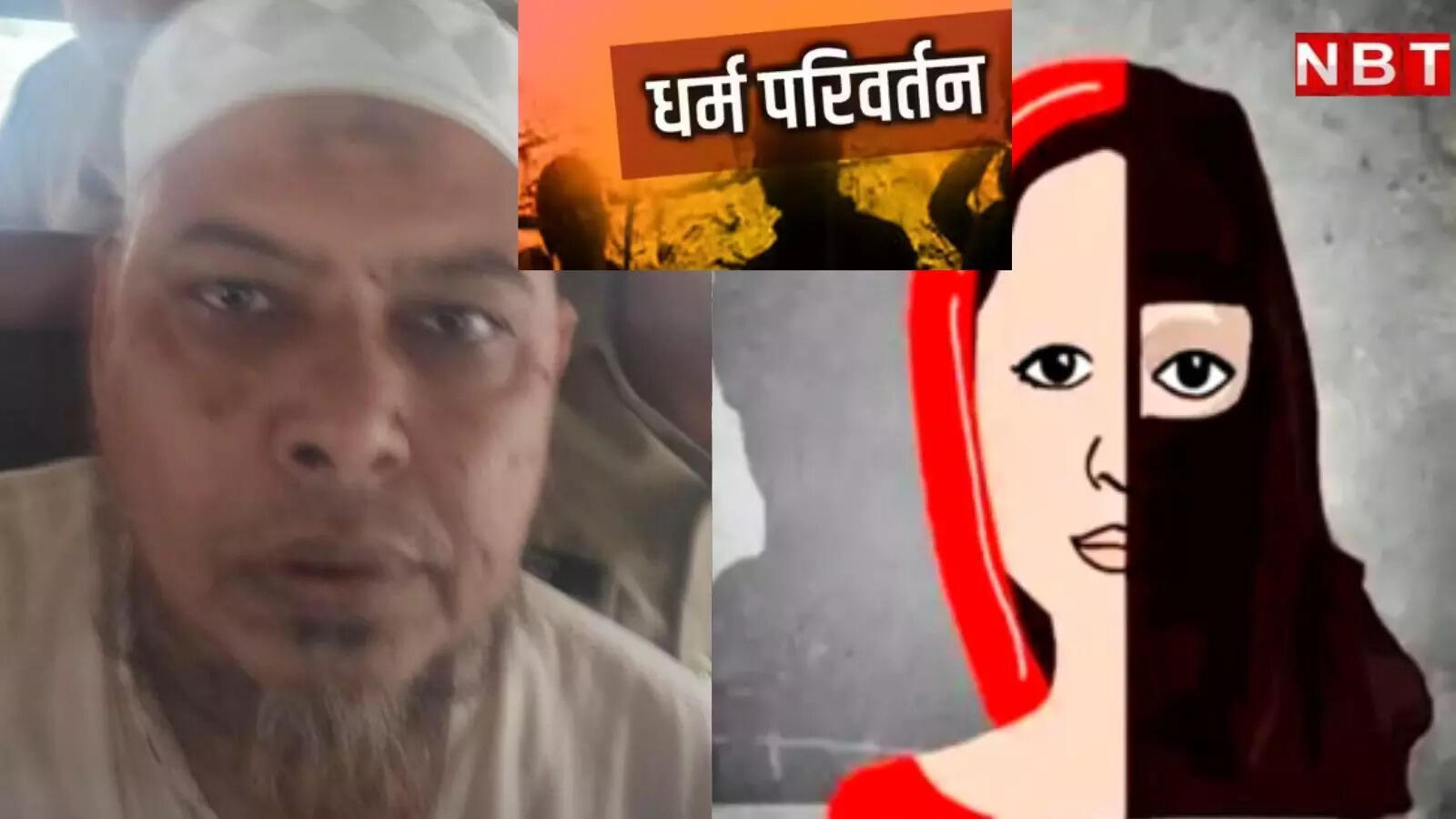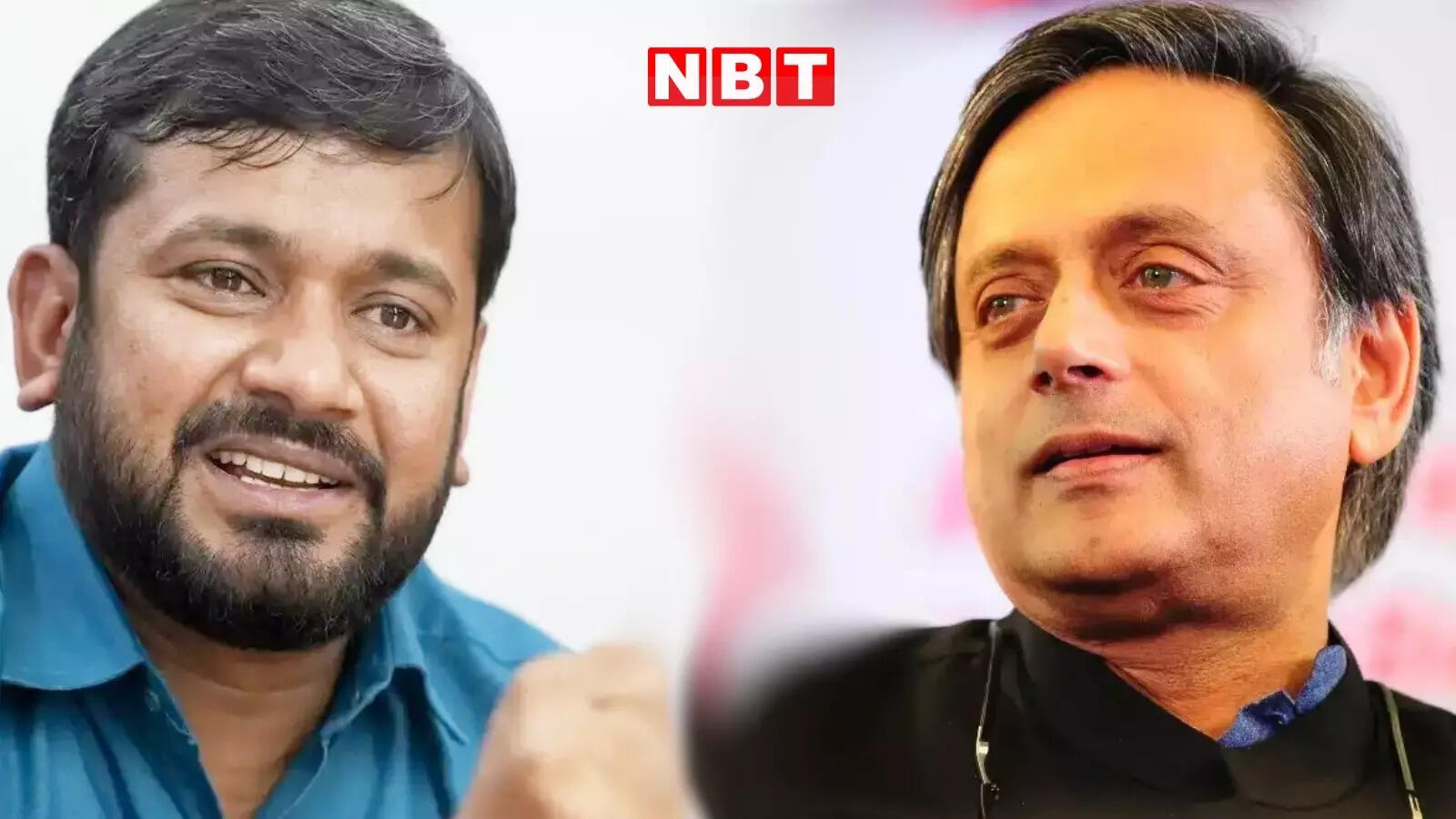Now Reading: Sure, please provide the existing headline, and I’ll craft a revised version
-
01
Sure, please provide the existing headline, and I’ll craft a revised version
Sure, please provide the existing headline, and I’ll craft a revised version

Rapid Summary
- Incident in Agra: A group of saffron-clad individuals (Kawadiyas) were seen at the Taj Mahal,sparking social media attention. Kunwar Ajay Tomar of Yogi Youth Brigade has petitioned the court for permission to perform sacred rituals like Jalabhishek and Dugdhabhishek at the monument.
- Arrest in Conversion Case: Agra Police arrested abdul Rahman alias Abdul Chacha, a key player in an illegal religious conversion racket. He was apprehended from Delhi’s northern part.
- Details on Abdul Rahman:
– Originally a Hindu from Firozabad, converted to Islam in 1990.
– Took charge of the network after its leader kaleem Siddiqui was jailed and sentenced to life imprisonment.
– Allegedly forced several Hindu girls into conversion; his own daughter is married to a Hindu man.
- Evidence Recovered: Police uncovered multiple books tied to religious conversions at Rahman’s residence. These include titles such as “Aapki Amanat Aapki Seva Mein” authored by Moulana Kaleem Siddiqui, along with others detailing methods linked to conversions.
- Ongoing Inquiry: further questioning may reveal additional names and connections within this network. Authorities plan more interrogations pending court approval.
Indian Opinion Analysis
The events surrounding Abdul Rahman’s arrest highlight ongoing challenges related to forced religious conversions and their implications for communal harmony. The presence of organized networks allegedly conducting unlawful activities suggests that such cases require robust legal scrutiny and obvious investigations.The finding of literature linked to religious persuasion further underscores the organized nature of these activities. Hence, it brings into focus larger ethical questions about individual freedom versus exploitative practices cloaked under ideological motives.As investigations progress, accountability across all levels becomes paramount for maintaining trust between communities.
The issues raised regarding rituals being conducted inside historical monuments like the Taj Mahal represent another layer requiring thoughtful deliberation on cultural inclusivity versus preservation protocols as enshrined by law.























